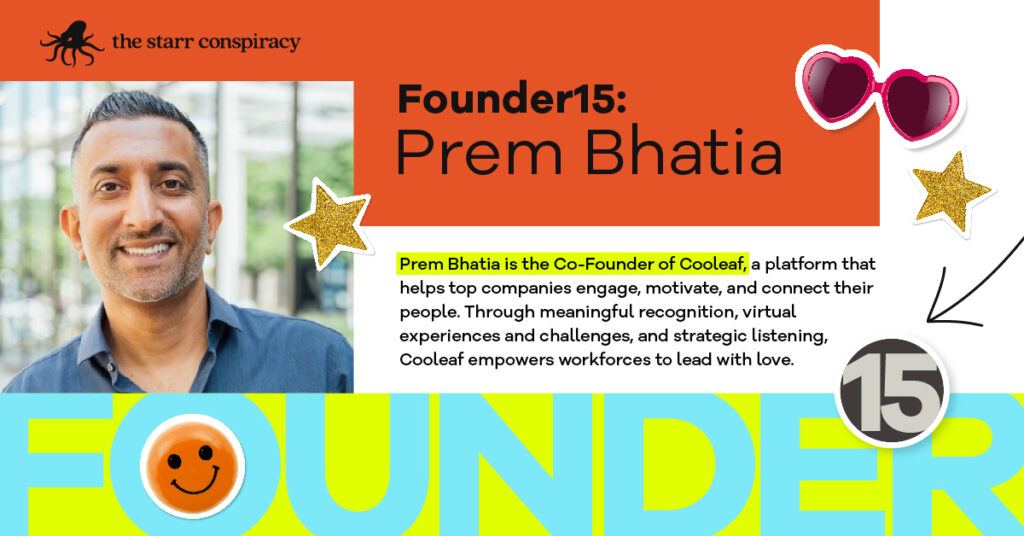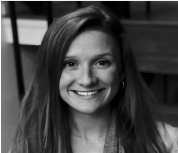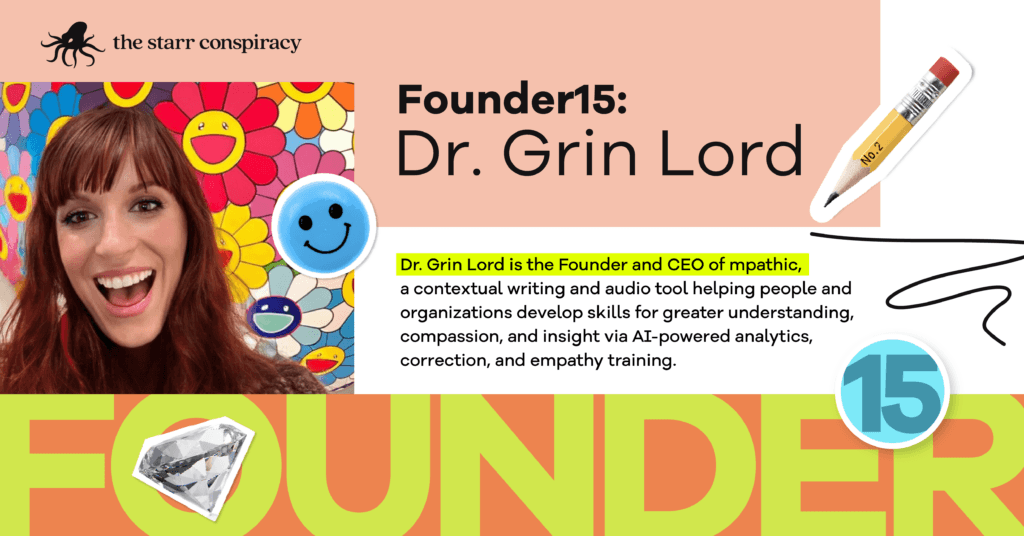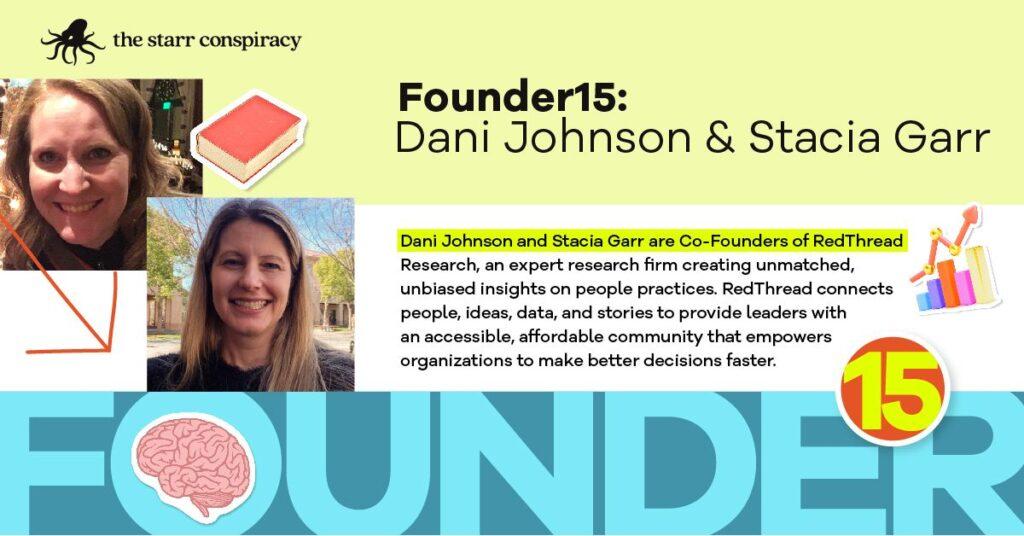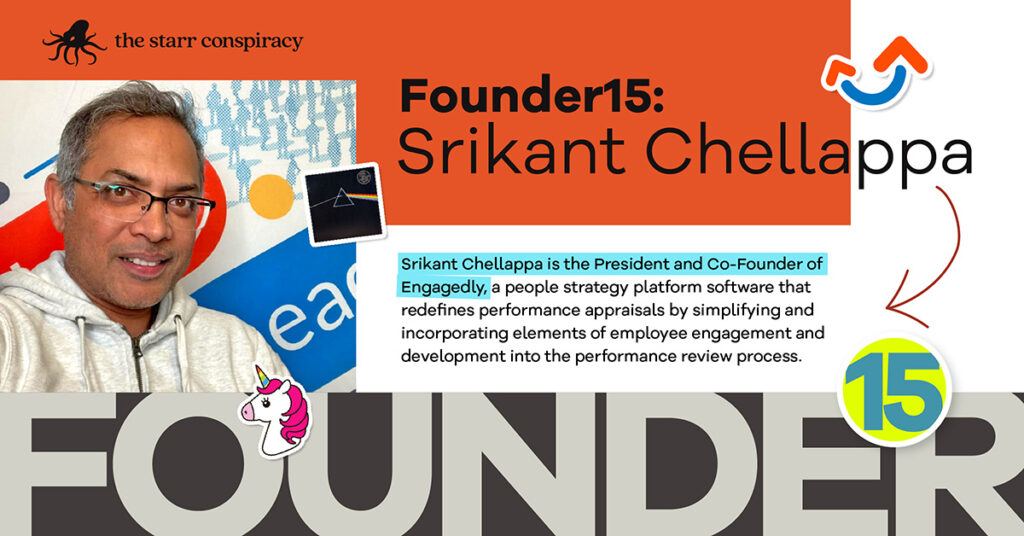The Founder15 is a blog series where we profile founders of Work Tech companies in their own words. Today, we bring you Prem Bhatia, Co-Founder of Cooleaf, a platform that helps top companies engage, motivate, and connect their people. Through meaningful recognition, virtual experiences and challenges, and strategic listening, Cooleaf empowers workforces to lead with love.
- “Tell me about you.” How do you answer that question? My name is Prem Bhatia. I’m a Co-Founder at Cooleaf. I started this company with two other Co-Founders, John Duisberg and Sarwar Bhuiyan, many years ago as something completely different than where we ended up. That’s me in a nutshell.
- What’s your company’s origin story? It’s a really strange and convoluted story, in a way. We first launched as a B2C company with an app for people to find fitness classes, boot camps, yoga classes, etc., and register for them a la carte to allow people to circumnavigate membership options. This was around the same time that ClassPass emerged, and we spent a lot of time in the space, realizing that we couldn’t make the economics work without a significant amount of funding. You couldn’t achieve that as an Atlanta-based company in those days.
We initially pivoted to B2B services, then shifted to B2B SaaS. The learnings we gained from our experiences in the B2C world informed our transformation into what we are today, a B2B SaaS platform for employee experience. We enriched our platform by applying knowledge from our B2C days; for instance, we added features like activities and challenges. Today, we’re a holistic employee experience platform encompassing pulse surveys, recognition and rewards, performance incentives, company-wide challenges and programs around DEI, wellness, and community service, and a total rewards catalog that tracks points for achieving those activities. You can turn points into Amazon gift cards, merchandise, team swag, and more. - Why is your company different? An employee experience is one of those areas that everyone understands at the surface level. Logically, pursuing the best employee experience you can design makes sense. Most people realize that if they treat their people well, they’ll do well as a business. But for a lot of companies, that doesn’t come naturally. For some companies, it does. Most of the companies we work with don’t need to be convinced of the power of culture; typically, they’re headed by a dynamic, strong leader who understands that connecting your team in meaningful ways can drive significant improvements in your business, profitability, and growth metrics. Our company has bought into that ethos internally. We aren’t too concerned with what our competition is doing because we’re focused on truly transforming the employee experience. We’re not another tactical, point solution for recognition. We approach the employee experience holistically and seamlessly fold it into the existing work applications people use every day.
- Why do you do what you do? When you think about why any founder starts a company and pursues something, it’s largely because they can’t imagine doing anything else. We started this company because we believe it’s human nature to long to connect and be part of something greater than the mission of making money. Also, when people feel appreciated and are part of a team that genuinely cares for them, good things will happen for the organization. What we do is at the heart of the human experience; we shouldn’t consider our time spent at work as different than the time we spend as humans outside of work. We try to connect those dots and create an experience that will make someone feel valued and optimistic about where they are. We’ve heard transformational stories of employees telling us how much it meant to them when they’d been recognized or established healthy habits through our company fitness, wellness, or DEI challenges. That dramatically positive impact we’ve seen on employees and organizations is why we do what we do.
- What do you know now that you wish you had known before you started your company? So much! I wish I had known that you couldn’t be too locked into your ways as a founder. There’s this idea that you’re actually going to know all the answers and have a business plan that you’ll seamlessly navigate. However, it’s naive for founders to think that way. Your plans are going to reset constantly. We continually reset our company when we feel like we’re stagnating or the message isn’t resonating because the times have changed or markets have shifted; we’re nimble enough to pivot. I hadn’t known that our plans could be fluid and that we could end up in a significantly more evolved place than where we started. Companies readjust and palpate as they move and understand where the sentiment in the market is, and that’s okay – that’s the biggest learning for us.
- Who is your go-to person for professional advice? Mentorship often becomes harder and harder as you achieve more significant milestones as a company and individual. However, we’ve been fortunate to have the support of the Atlanta startup ecosystem. We’re an Atlanta-based company, although our employees are scattered across the U.S., Canada, and Europe. Amongst our Board of Advisors, mentors, and advisory board, are folks that have built companies like Docebo, QGenda, Terminus, and Salesloft. Success has been achieved by a lot of companies you can learn from, no matter what their industry is. For us, we find mentorship with those SaaS founders and folks who have ‘been there, done that’ and scaled organizations. We’re really fortunate to have a great informal and formal board of advisors and a network of mentors.
- What professional accomplishment are you most proud of? This. I didn’t think that I could build a company like this. I don’t know that any of the three of us actually believed it from the beginning. We said it, but to really believe we were able to navigate the things we have and add value – I’m not sure; it’s been emotional. We’re at a precipice point now as a company where we’re starting to see the next stages of our growth, and we’ve been growing aggressively. This company is the manifestation of a lot of blood, sweat, and tears. It’s the reason we wake up every day. Thankfully, my co-founders and I have had a really great relationship; we’ve come together as a team. It’s gone from the three of us to four, five, and now to 45 full-time employees and contractors. We expect to grow that significantly over the next few years. We’ve achieved Inc 5000 two years in a row, been on G2 as a leader in multiple quadrants, and are one of the fastest-growing companies in Atlanta. Achieving what we have thus far has been the pinnacle of our success.
- What’s your favorite album and why? I’m a big music person; I play guitar (and try to sing sometimes, though I’m not very good). I grew up listening to a lot of alternative and rock, and the seminal album of my growing up would be Achtung Baby by U2. It’s an all-time classic album.
- What book are you reading now? Currently, Caste by Isabel Wilkerson. However, I just finished reading a phenomenal book, What Happened to You?, by Bruce D. Perry and Oprah Winfrey. It’s about childhood and trauma and what trauma does inside of someone to potentially impact their personality, their decisions, and their relationships. I think many founders had some level of trauma in their past; they had to deal with being in positions where they were the “odd one out.” I think that informs much of the understanding of what’s behind founders and why they need a lot of support. It’s a very lonely position in many ways, a very rewarding position on the good days, yet challenging – the hardest job you’ve ever done. So, this idea of being resilient, harnessing trauma, and having post-traumatic forgiveness for some of the things that might have happened in your childhood has been important to me personally.
- What was your worst job? In high school, I took a job with this one-hour photo place down the street. I had to slide negatives through a machine. That was my job. I did it for about a week, and then I stopped. I remember my dad being upset at me for quitting, but I realized I never wanted to be in such a monotonous job environment. I’ve had a lot of other pretty bad jobs since that time, but I can’t imagine that level of monotony again. It just doesn’t fit my personality.
- What app on your phone is your biggest time waster? I get sucked into Twitter a lot. If you work in tech and are trying to understand the world of tech, founders, funding, and this overall weird world we live in, Twitter, quite frankly, is a great resource to learn. You get into threads and say, ” Wow, I can’t believe I’m still looking at this! It’s been 25 minutes, and I only wanted to spend ten going through it!”
I try not to get too sucked in, though. I like to be present; I know others in tech are very conscious of this, especially if they have kids. I have three children, so I try to set the right example around the responsible usage of social media apps. While I’m a co-founder of a tech company trying to get more user engagement, I still believe there’s a healthy balance where you’re not spending an inordinate amount of time online. - What’s one thing that people would be surprised to learn about you? When people meet tech founders or co-founders, they often assume things are easy. They don’t understand the level of failure that most founders have experienced and how that impacts them. No matter what level of success, there’s always an underlying apprehension that it can be taken away. I think many founders have that fear, whether by market conditions or whatever, that it can all disappear. Failing doesn’t feel great, but it’s a big part of learning.
The level of defeat I’ve had in my life would surprise some people, and it’d also surprise people to know that professional failures often bleed over to your personal life. For example, I’ve been through a divorce, so I had to reset my personal and professional life like many others. That level of failure that you have, whether personal or professional, tends to be very common among founders, and it’s not something that should ever be looked at as a mark of shame but how you’ve grown from it. I’ve grown from many experiences and letdowns, which I believe only makes you stronger and more resilient. - What’s your workout routine? I do aerobics for 20-30 minutes, kick into chest and back workouts on one day, usually with weights, and then try to do leg workouts the next day (I’m really bad about legs), and shoulders and arms the third day. So, I work out three times a week. I’ve also been a vegan for five years. Wellness, good nutrition, and fitness have always been a big part of my life. I grew up in a family of health-conscious doctors; my parents and sister are all fit and take good care of themselves. Living a strong, healthy, and balanced life is hugely important. What you put in your body and how you take care of it reflects on many things you don’t think about (skin, hair, teeth, everything).
- What do you hope people say about you when you’re not in the room? I hope they’d say that even if they didn’t agree with some of the things I’ve done or said, I was authentic and kind. Also, that I was helpful and potentially that I knew a thing or two, and maybe that I was slightly funny.
- If your house was on fire, what’s the one thing that you grab (after family and pets)? Mementos and pictures. I’ve really bought into minimalism. I don’t live an extravagant life. I drive a very old car. Anything that can be burned in a fire is probably not worth spending your money on. I spend money on experiences with family and friends, the types of things that couldn’t be taken away. So, pictures or diplomas that capture experiences are the things I’d grab. Even a diploma can be reprinted, so to be honest, I’d probably just grab the old photos. Anything else can be replaced.
Note to readers: This is a series for Work Tech Founders. If you’re interested in being a part of it, email us at ocho@thestarrconspiracy.com.

